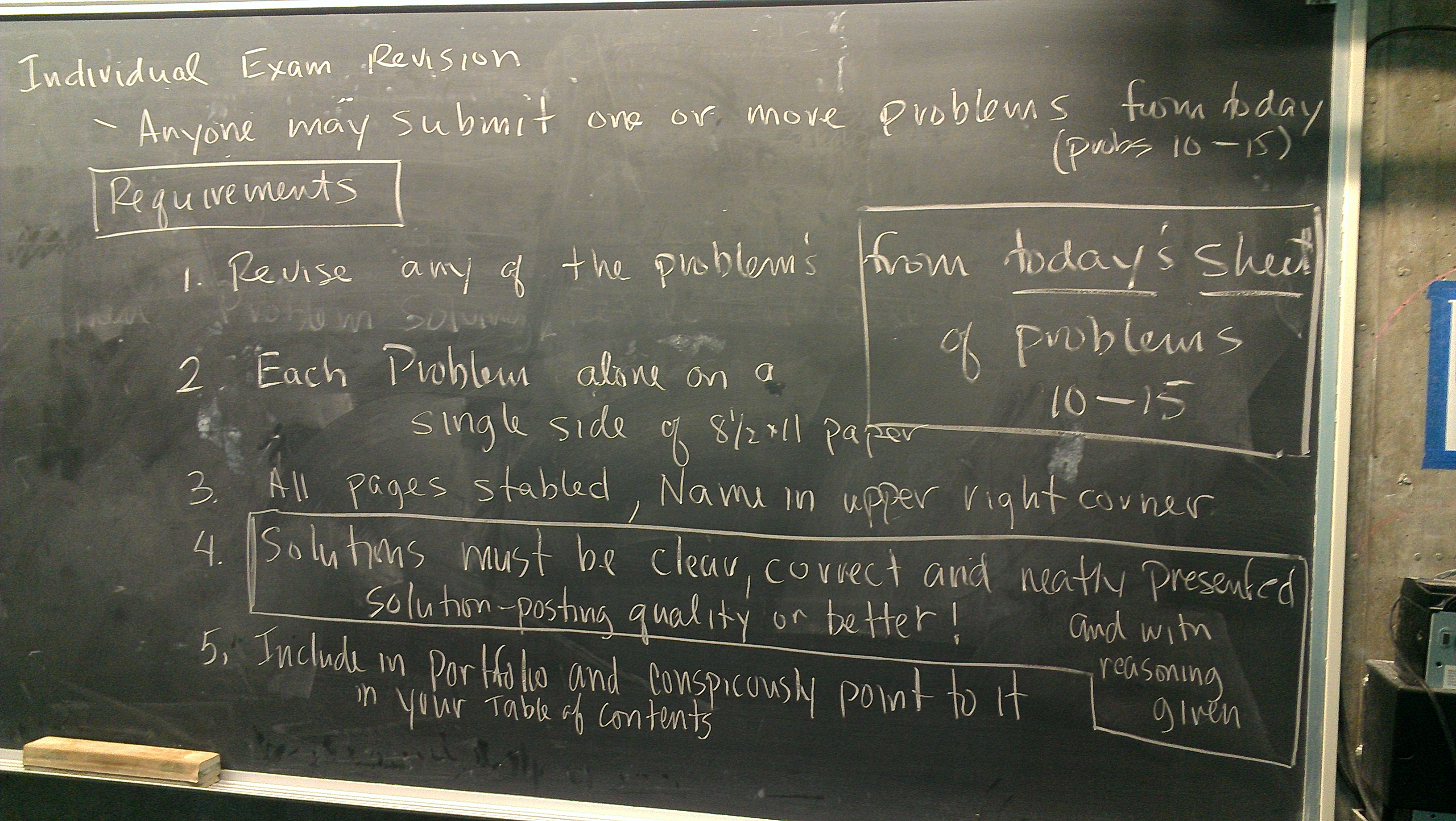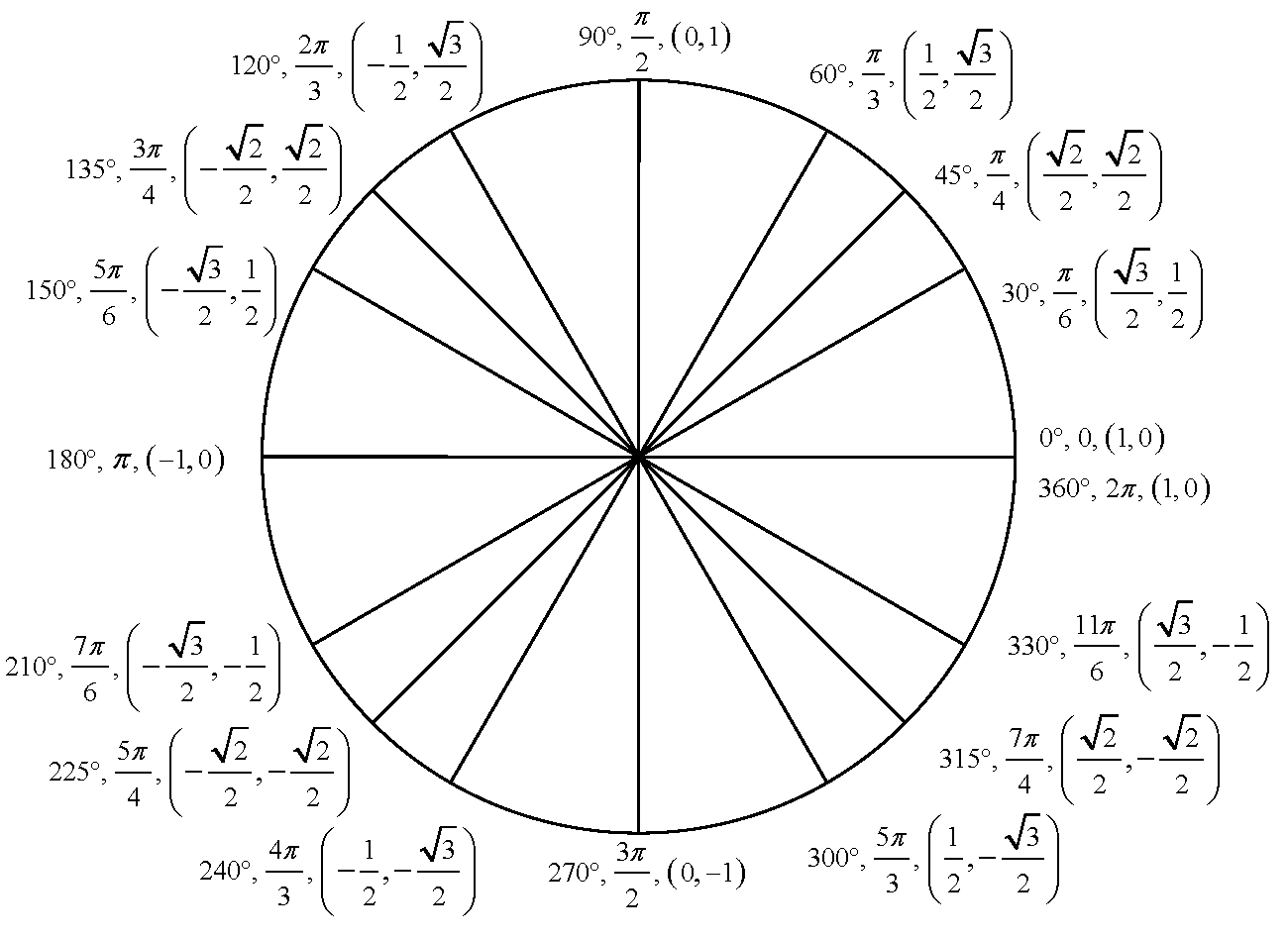Patterning the World: Connecting Mathematics and Science.
Faculty: Krishna Chowdary, Ph.D. and Neal Nelson, Ph.D.
Patterning the World: Connecting Mathematics and Science was a one-quarter interdisciplinary program that integrated introductory mathematics and physics using a theme of patterns. Through work in content areas, students worked on process skills, particularly those useful for future study in math and science. In precalculus, students studied fundamental general properties of functions, and then specific properties of linear, quadratic, rational, trigonometric, exponential, and logarithmic functions using the open source textbook Precalculus, an Investigation of Functions (Lippman and Rasmussen, ch. 1-8). In physics, students covered one and two dimensional kinematics, vectors, and Newton’s laws of motion using the open source textbook College Physics (Rice University OpenStax Consortium, ch. 1-4); students also studied the mathematics of musics through lab investigations. Physics and precalculus work were closely integrated through collaborative laboratory explorations and problem solving work. In math and physics labs, students collected and analyzed data using Vernier data loggers and sensors and LoggerPro software, and they investigated functions and patterns using the online graphing tool Desmos. In collaborative weekly workshops, students produced solutions to selected problems which they presented for peer review. Students completed weekly online reading quizzes and wrote essay responses to prompts on progress towards meeting program learning goals. Students were evaluated through in-class quizzes and exams, on submission and quality of weekly problem sets, and on their participation and engagement in weekly lecture discussions, problem sessions, and labs. Students submitted a cumulative portfolio of their work at the end of the quarter as evidence of their engagement, accomplishments, and learning.
(Standard) Suggested Course Equivalencies
- 6 – Precalculus with Lab
- 6 – Topics in Algebra-based Physics with Lab

 6. Meta-cognitive Reflection not required (include if you find useful)
6. Meta-cognitive Reflection not required (include if you find useful)